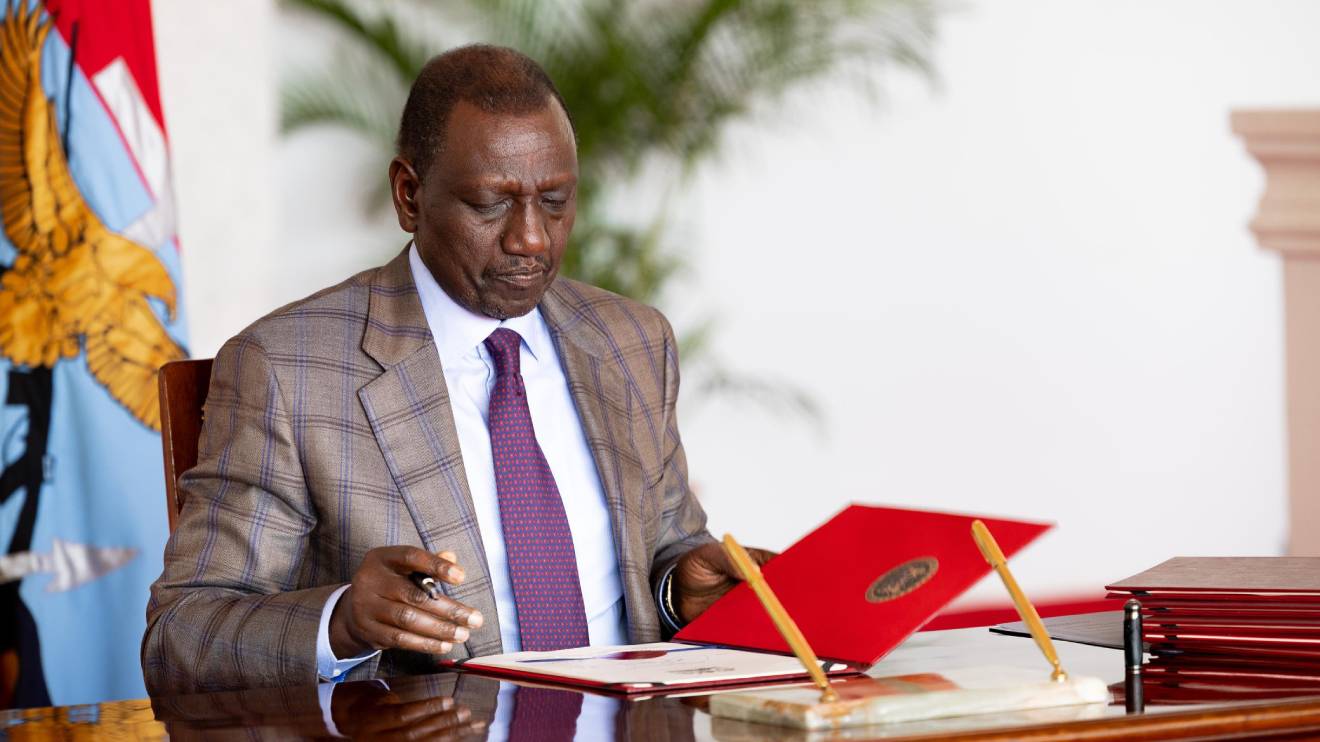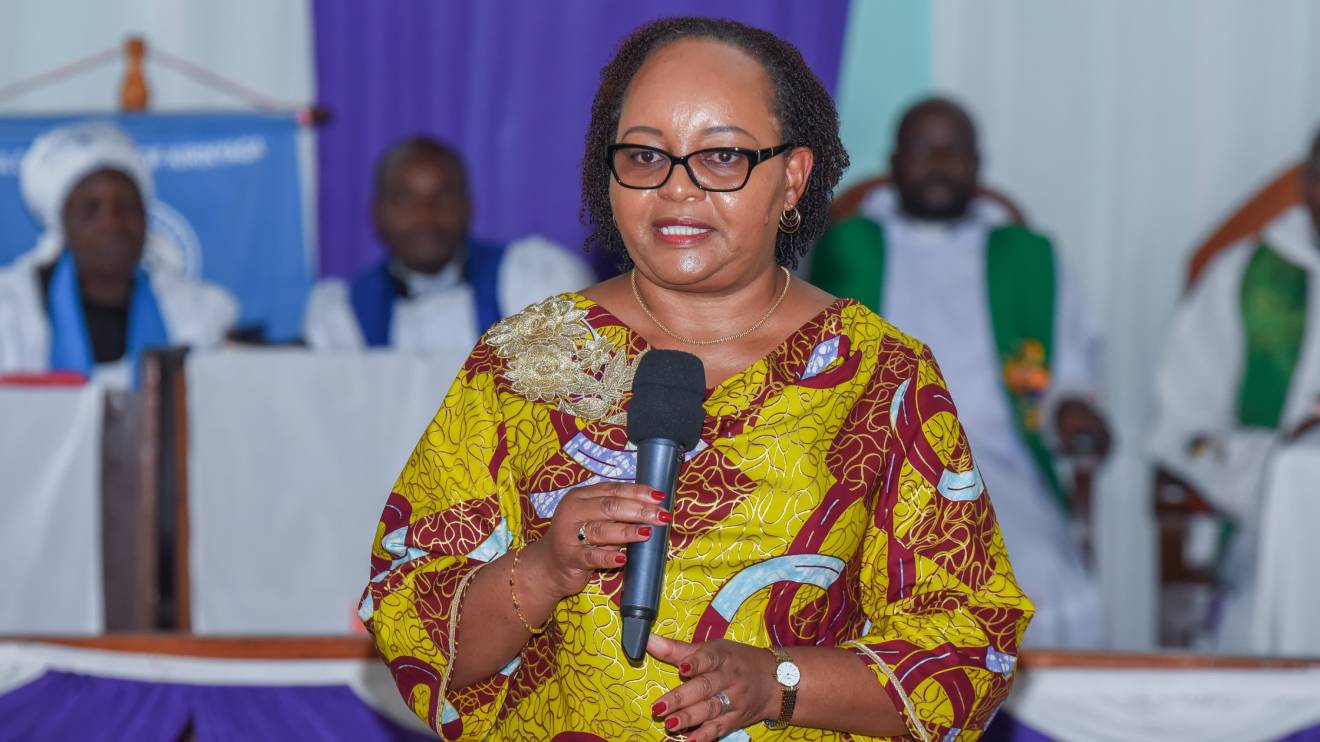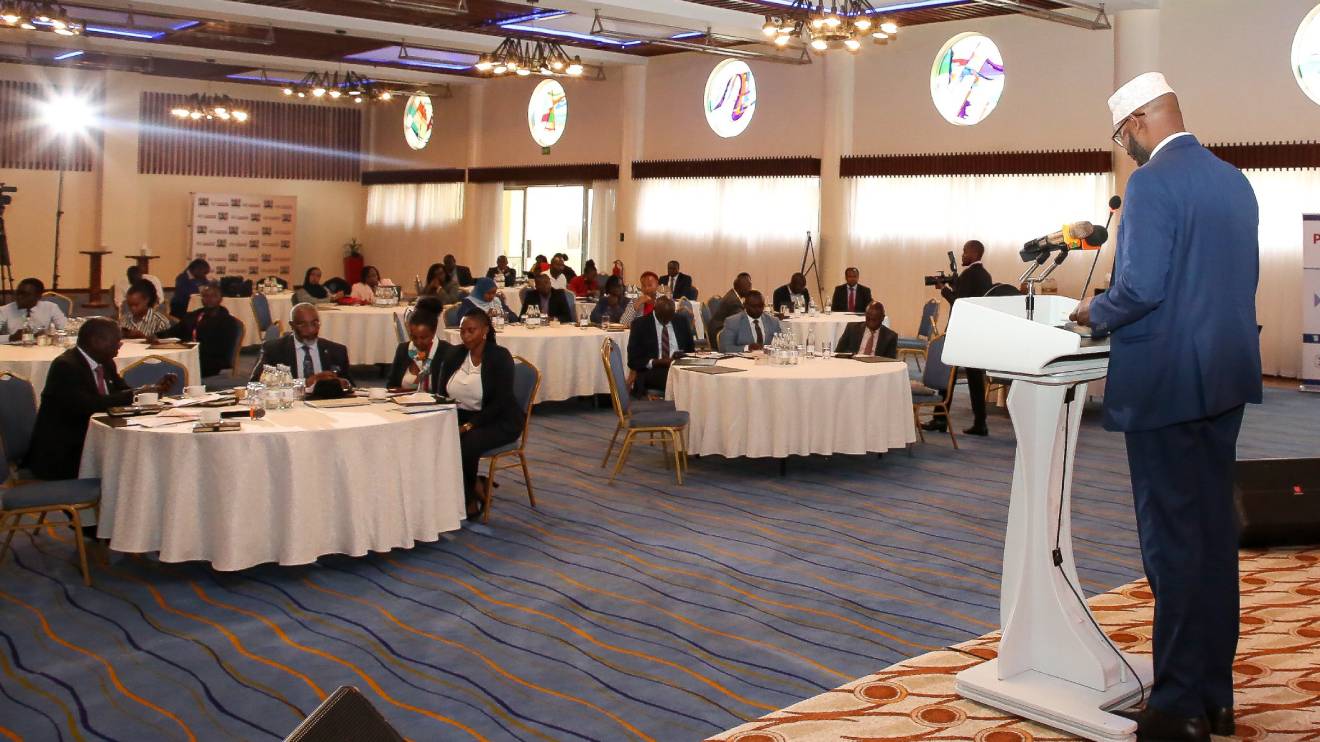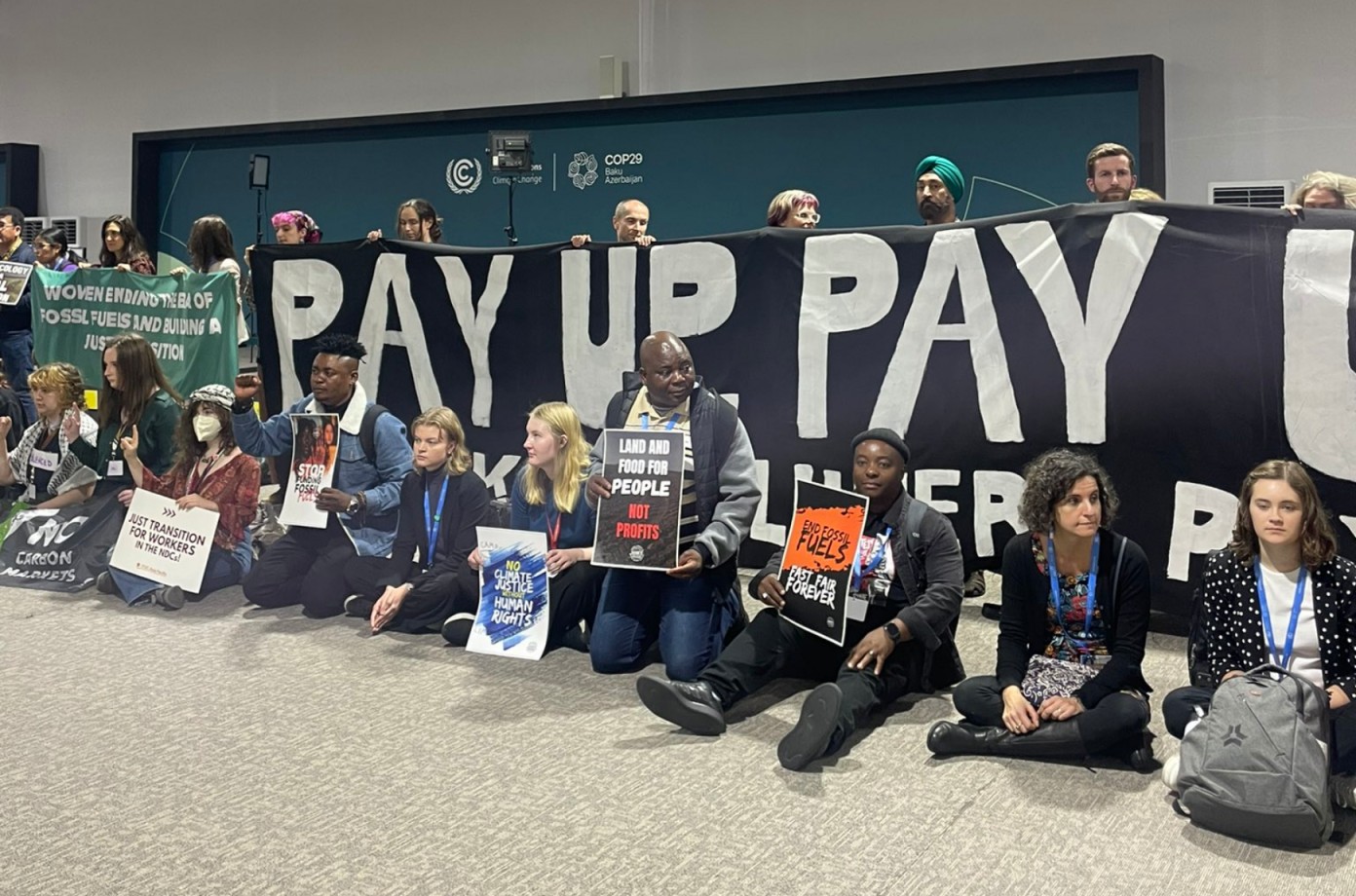Both levels of government—the National and County Governments—will now bear the financial strain following President William Ruto's signing of the Appropriations Bill 2024.
This decision comes after the President vetoed the Finance Bill 2024, a move he announced on Wednesday, following the widespread protest against the controversial bill.
Ruto, citing Articles 221 and 222 of the Constitution, emphasised the necessity of the Appropriations Bill to be approved by 30th June each year.
"I have therefore assented to the Appropriations Bill 2024 and instructed the National Treasury to immediately prepare supplementary estimates to reduce expenditure by the amount of revenue that was expected to be generated by the rejected Finance Bill 2024," he stated.
This directive ensures the continuation of government operations and the provision of critical services.
Read More
The rejected Finance Bill, which was projected to generate Sh346 billion in revenue, necessitates significant expenditure reductions.
President Ruto specified that this reduction "will be borne equitably by both levels of government: the National and County Governments."
He further detailed that for the National Government, the cuts would impact the executive, the legislature, the judiciary, and constitutional commissions.
In light of these adjustments, President Ruto has sent the County Allocation and Revenue Bill back to Parliament to reflect the decreased expected revenues.
Additionally, he has instructed the National Treasury to propose amendments to the Division of Revenue Act 2024 to align with the lower revenue projections.
To mitigate the impact on government operations during this transition, the President has directed stringent measures on budget usage.
"I have also instructed the National Treasury to direct all accounting officers to ensure that only critical and essential services are funded, using no more than 15 per cent of the budget, until the supplementary budget is approved," he declared.
This strategic redirection aims to maintain fiscal responsibility and ensure that essential services continue without disruption amidst the financial adjustments.




-1732530327.jpg)




-1732493104.jpg)